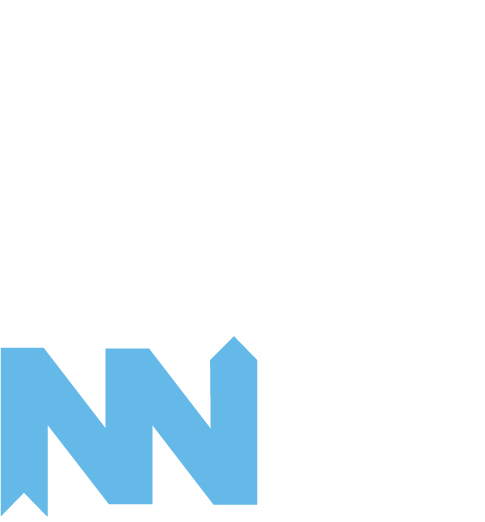If you’ve come this far in your job hunt, you know that the stellar resume you’ve created has made an impact on your prospective employer. You’ve passed the first test, and now you have to ace that job interview. Although interviews are usually face-to-face, due to the current situation, recruitment has increasingly migrated to the online world.
In this article we tell you how to best prepare for a job interview. We've listed some job interview tips and what you should do before your job interview to help you get through your first meeting and get your dream job in Malta.
- Analyse the job description
- Know why you want the job and what you can offer
- Do the research
- Practice some basic interview questions and answers
- Ask questions
- Dress to impress
- On-the-day
- Follow up
1. Analyse the job description
The job description tells you exactly what the employer is looking for, so use it as a guide for your research. As you go through the job posting, make a list of the skills, knowledge and qualities that the employer is asking for. Take note of any gaps in your knowledge or experience so that you can prepare in advance.
The job description will also give you an idea of what questions the hiring manager will ask you throughout the interview.
2. Know why you want the job and what you can offer
Go through the requirements listed in the job description, and review your resume; this will help refresh your memory and will enable you to discuss projects you've worked on in detail.
Make a list of measurable examples from past work experiences that prove that you have skills and qualities that are relevant to the job description. Identify your unique selling points - what you’d like your interviewers to remember you by.
Overall, make sure to have a clear understanding of why you want the job and why you are the right fit.
3. Do the Research
Due diligence is vital. Research the company by going through their website, blogs, social media accounts, etc. Know their company values, research any product or services they offer and their company culture. This research will help you answer the 'Why do you want to work here?' question.
It is also beneficial to find out a little bit about who will be interviewing you, to help break the ice or even to simply know who to ask for when you show up for the interview.
Research the role to understand all the requirements and responsibilities; this will help you come up with targeted questions about the position and will prove to the employer that you are qualified and prepared to take on this job. Some employers will not disclose the salary in the job posting, therefore it would be helpful to benchmark your salary beforehand, as most hiring managers will ask you what your expectations are.
Overall, the more you know about the role, the company, and what you can bring to the table, the more likely it is that you will feel at ease and confident.
“Be well-prepared and always research the company before the interview.” - Luke.
4. Practice some basic job interview questions and answers
It might be helpful to prepare some answers for some common interview questions. There's no need to memorise the answers, but it is good practice. Consider practising in front of a mirror to feel more confident and notice your body language.
Here are some examples of common interview questions:
5. Ask questions
During the interview, ask for clarification or details about the role. Keep in mind that the interview is as much of an opportunity for you to interview the prospective employer as it is for them to hear you out.
“Always be prepared with a set of questions you would like to ask the interviewer at the end of the interview when the golden question of ‘Do you have any questions for us?’ pops up.” - Maria.
Here are some questions you can ask:
6. Dress to impress
Dress appropriately and according to what the job role entails. Even if you have an online interview, dress up for the call as you would for an in-person interview. Your hair should not be messy, and you must dress smart. Make sure that you dress for the job you want.
7. On-the-day
Make sure to arrive 15 minutes early, and if your interview is online check that all your electronics are working and charged beforehand.
“Check that your Wi-Fi connection is stable and that you have the right equipment set up in professional surroundings.” - Adriana.
You may want to ask a family member or a friend to run a quick test with you to ensure that the devices you're using are suitable and cater for clear video calls. Additionally, keep your phone by your side during an online interview, with the interviewer’s phone number on standby in case you have any technical issues and need to contact them directly.
Take a few deep breaths and try your best to keep calm and stay confident.
8. Follow Up
Be sure to send a follow up thank you email after your interview to reiterate your interest and enthusiasm for the role.
Make sure to include why you want the job and why you are the best candidate. It is also an excellent opportunity to ask any follow-up questions that you might have forgotten to ask during the interview.
If you need support with your job search, feel free to reach out to our recruiters. Our team is always here to help!

